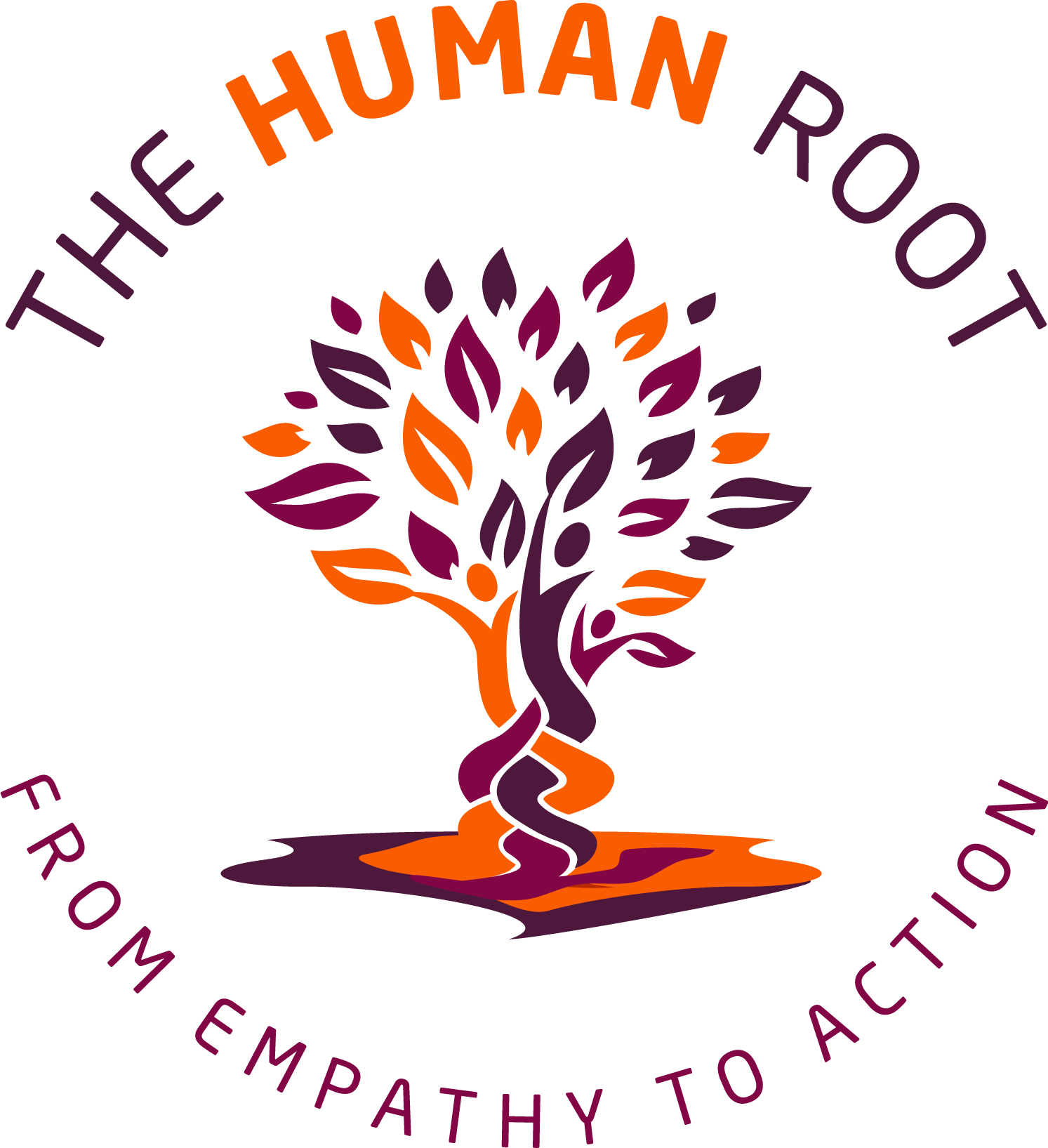Why Professional Development is Essential:
Why Professional Development is Essential: Nourishing Our Economy, Neighborhoods, and Families
By ANYANWU, SEPTEMBER 2024
When I founded THE HUMAN ROOT, my vision was clear: to create professional development that not only strengthens organizations but also uplifts the communities they serve. I’ve seen firsthand how transforming workplaces can transform lives. Our training isn’t just about building skills; it’s about fostering the kind of environments where growth, empathy, and resilience thrive.
Nourishing Our Economy
The power of effective professional development goes beyond the immediate benefits to employees—it can boost an entire economy. According to a report from the World Economic Forum, companies that invest in professional development see a 24% increase in employee performance. This translates directly to higher productivity, stronger market competitiveness, and ultimately a healthier bottom line. But the benefits don’t stop there. When businesses thrive, they create jobs, stimulate local economies, and provide families with the stability needed to grow.
Engaging Our Neighborhoods
Imagine a school where teachers have the emotional intelligence to manage stress and connect with students, creating a positive ripple effect throughout the community. This is why I believe emotional intelligence is one of the most important skills we can develop in our educators. When teachers are equipped with the tools to manage their emotions and respond to their students’ needs with empathy, they can foster learning environments that are safe and empowering.
Quote from a client: “Since participating in THE HUMAN ROOT’s training, I’ve noticed a profound shift not just in my classroom, but in the energy of the whole school. Teachers are more connected, and students feel more seen and understood.”
Impacting Families
In my work, I’ve always believed that when individuals—whether they’re leaders, educators, or employees—are given the tools to grow personally and professionally, their entire family and support network benefit. Educators, in particular, have the unique power to shape entire generations. By incorporating trauma-informed practices into our programs, we not only help create stronger teams but also healthier homes and communities.
Trauma-informed practices are especially vital in today’s world, where many individuals are navigating unseen wounds from their past. By understanding how trauma affects behavior, communication, and performance, we can create workplaces that support healing and growth.
Building a Culture of Resilience
I’ve seen the effects of this firsthand. Leaders who embrace trauma-informed strategies and emotional intelligence can transform organizational culture, creating spaces where people feel supported and understood. This leads to higher employee satisfaction, greater collaboration, and increased retention. When you address the root causes of workplace challenges—whether it’s communication issues, burnout, or unaddressed trauma—you build a foundation for sustainable success.
The Transformative Power of Investing in People
The bottom line is this: Investing in professional development is one of the most impactful ways to strengthen our economy, uplift our communities, and nourish our families. When we equip leaders with emotional intelligence and trauma-informed practices, we empower them to unlock their full potential—and the potential of those around them.
Anyanwu is Human first and activist second and claims the ways of her Jamaican elders, Activists, and Coaches of Marin City, Pan African Studies and Human rights Professors at CSUN and University of San Francisco and Teaching Healers of Indigenous practices who raised her.

